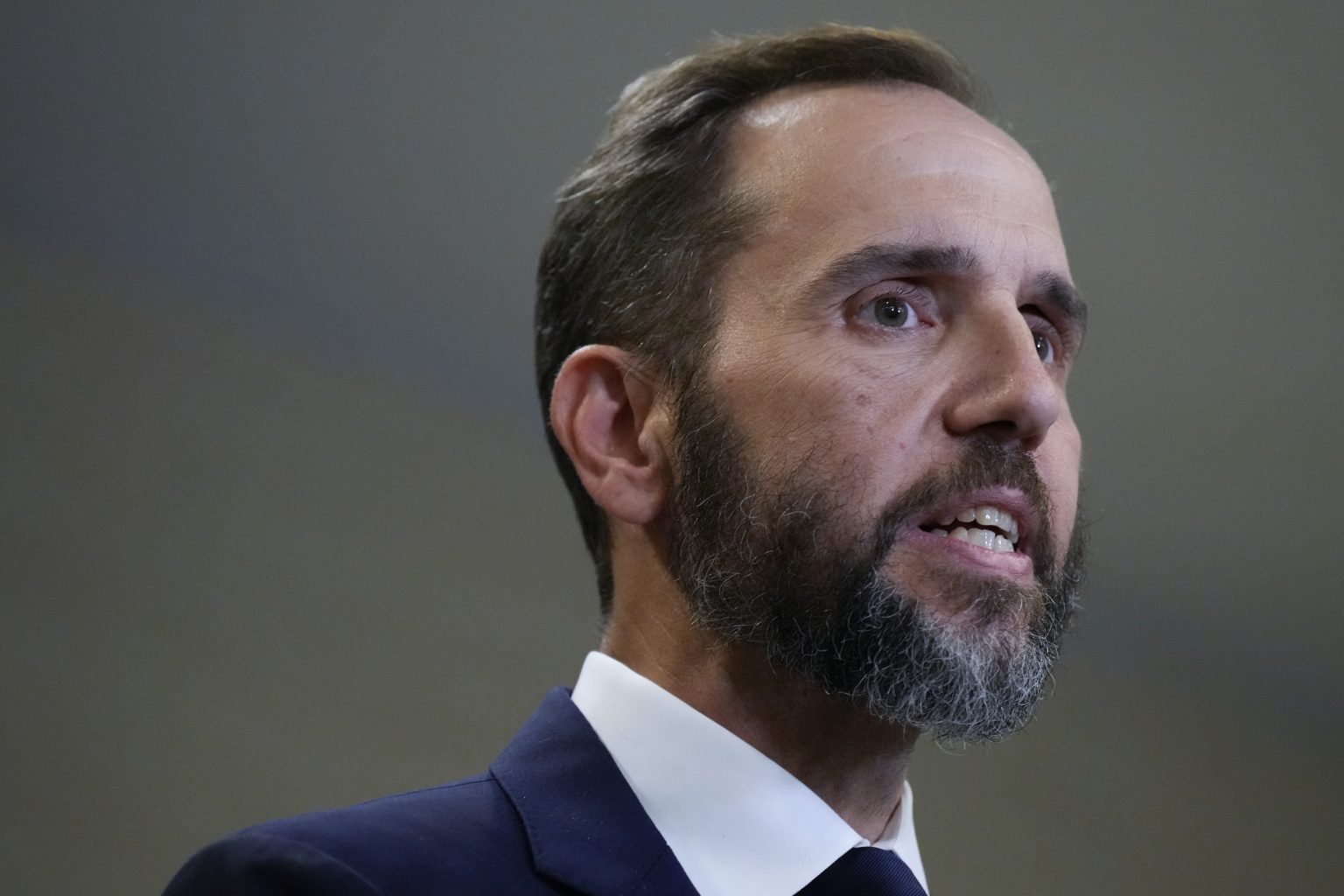Special Counsel Jack Smith has urged the U.S. Supreme Court to reject Donald Trump’s claims of presidential immunity in a court filing. The former president is facing charges for unlawfully attempting to overturn his loss to President Joe Biden in the 2020 election. Trump is pressing to have the indictment dismissed on claims that he is shielded from criminal charges for actions taken while serving in the White House. Lower courts have already rejected Trump’s immunity claims, but the case is set to appear before the Supreme Court on April 25.
In his filing, Smith argued that the absence of prosecutions of former Presidents until this case does not reflect the understanding that Presidents are immune from criminal liability. He emphasized that no person, including the President, is above the law, and accountability is essential in maintaining the constitutional order. Trump’s defense team has argued that the long history of not prosecuting Presidents for official acts demonstrates that the alleged power to do so does not exist. They also pointed out that Trump was acquitted by the Senate during his second impeachment trial.
Legal experts, including Alan Dershowitz, have anticipated that Trump will likely be disappointed by the Supreme Court’s final decision on his argument. Dershowitz mentioned that the court may choose to split the difference and not grant Trump the broad immunity he seeks but also not narrow it down significantly. Over a dozen former prosecutors, constitutional lawyers, and elected officials have signed a brief supporting Smith against Trump’s argument of presidential immunity. They argued that the Constitution does not give former presidents immunity from criminal prosecution and that any limited immunity would not apply to Trump’s actions in the indictment.
The Supreme Court’s decision on Trump’s presidential immunity claims is eagerly awaited, as it will have significant implications for the case and potentially for future cases involving former presidents. The case has been closely watched, given the unprecedented nature of the allegations against a former President and the legal questions it raises about presidential immunity. The outcome of this case could also impact the broader understanding of the limits of presidential power and accountability under the law.
As the legal battle between Trump and the Special Counsel continues to unfold, the arguments presented by both sides highlight the complex constitutional and legal questions at stake. The case reflects the ongoing tension between the principle of presidential immunity and the fundamental principle that no person, including the President, is above the law. The Supreme Court’s ruling on this case will be closely scrutinized and could potentially set a significant precedent for future cases involving the criminal prosecution of former presidents.
Despite Trump’s efforts to claim immunity from criminal charges, the continued legal proceedings underscore the importance of accountability and the rule of law in a democratic society. The outcome of the case will not only impact Trump’s legal fate but also have broader implications for the relationship between presidential power and legal accountability in the United States. As the case heads to the Supreme Court, the decision reached by the justices will likely have far-reaching consequences and could shape the future trajectory of legal challenges involving former presidents.


